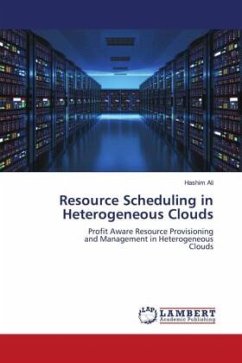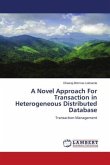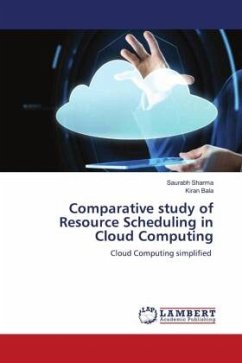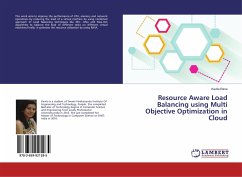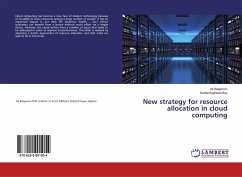Cloud computing offers utility-based services to IT users across the world. Its impact is increased with the demand for computing resources like CPU, storage access, network, and applications for business, consumer, or scientific domains. The hosting of large datacenters provides these resources. These datacenters, in return, consume a large amount of energy, yielding a high cost for the operation of these datacenters along with the environment being affected by carbon footprints and greenhouse gases (GHG) emitted- i.e. work most closely and frequently with carbon-free energy sources like solar and wind. This is achieved through the idea of somehow shifting the timing of many compute tasks (non-urgent) to when low-carbon energy sources, like solar and wind, are most plentiful.
Bitte wählen Sie Ihr Anliegen aus.
Rechnungen
Retourenschein anfordern
Bestellstatus
Storno

